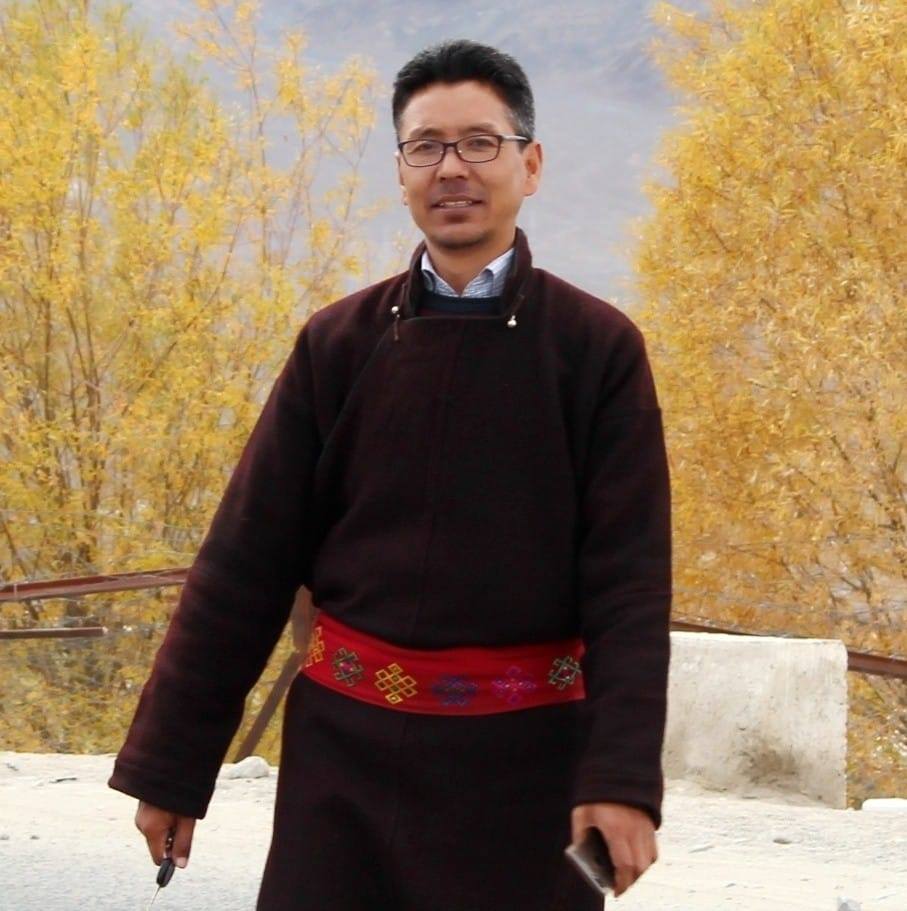
Sonam Wangchuk
Founder and Secretary of Himalayan Cultural Heritage Foundation, Ladakh
President, International Association for Ladakh studies (IALS)
Public Relation Officer, Central Institute of Buddhist Studies (Deemed to be University), Leh
Editor of “Heritage Himalaya” Magazine
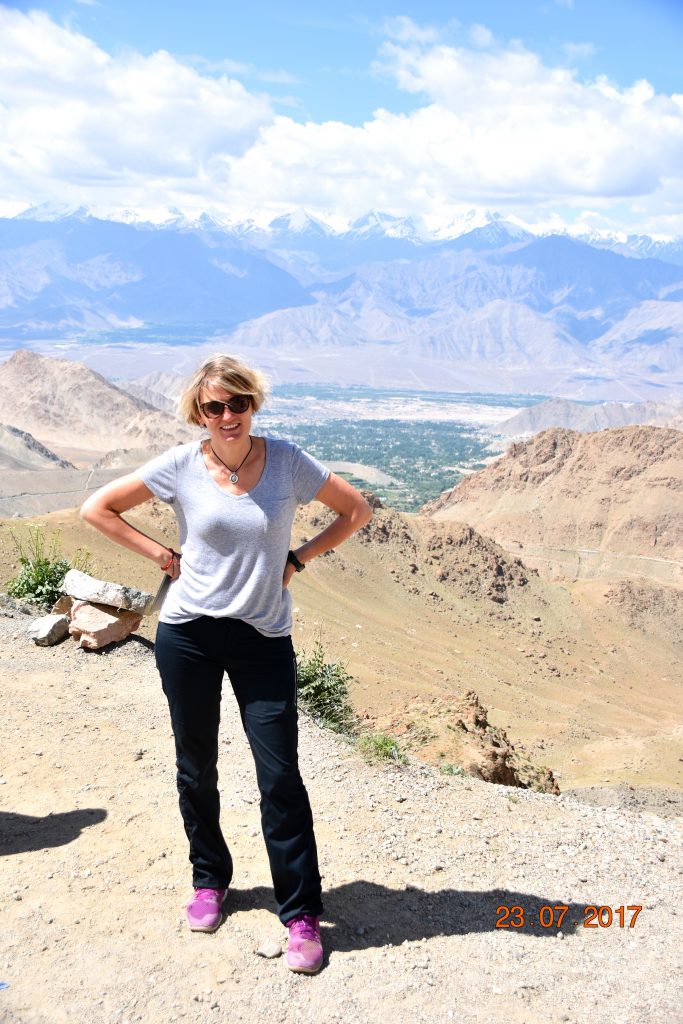
Tatyana Bakhmetyeva
I teach history and gender studies at the University of Rochester – and conduct research in these fields in various parts of the world, including Eastern Europe (where I study ideas about natural environments, gender, and national identity) and India (where I explore the effect of climate change on gender relationships)
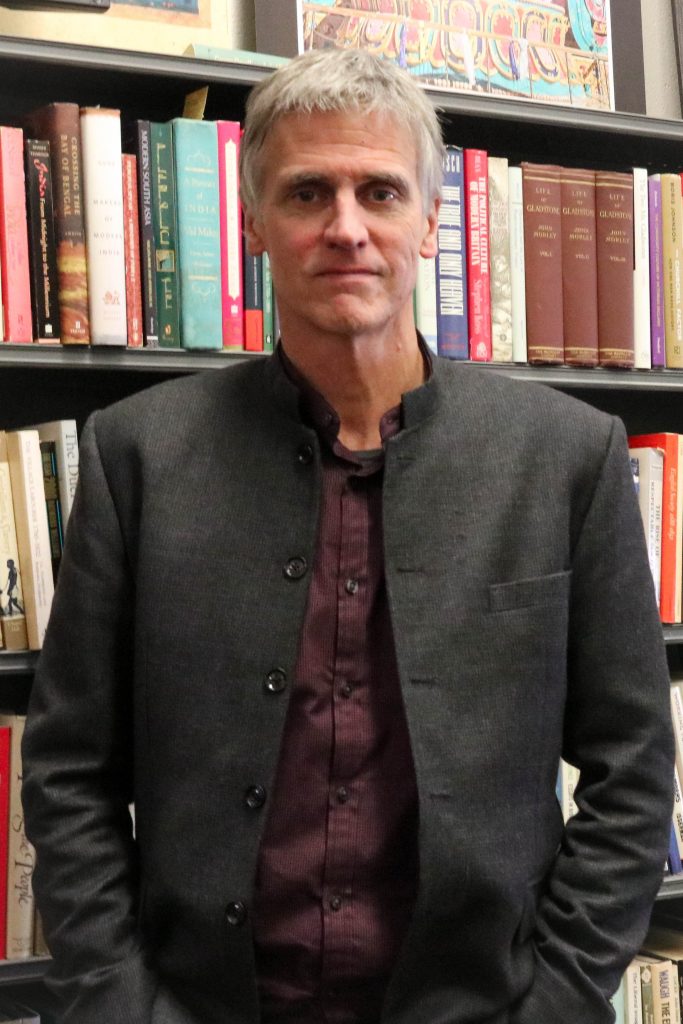
Stewart Weaver is a Professor of History at the University of Rochester with a strong interest in the cultural history of nature, land, and landscapes. He is the author of a history of Himalayan mountaineering and, more recently, of a short history of global exploration. With the support of the Carnegie Corporation of New York, he is now continuing work on the Climate Witness project and writing a book about the natural history of Ladakh
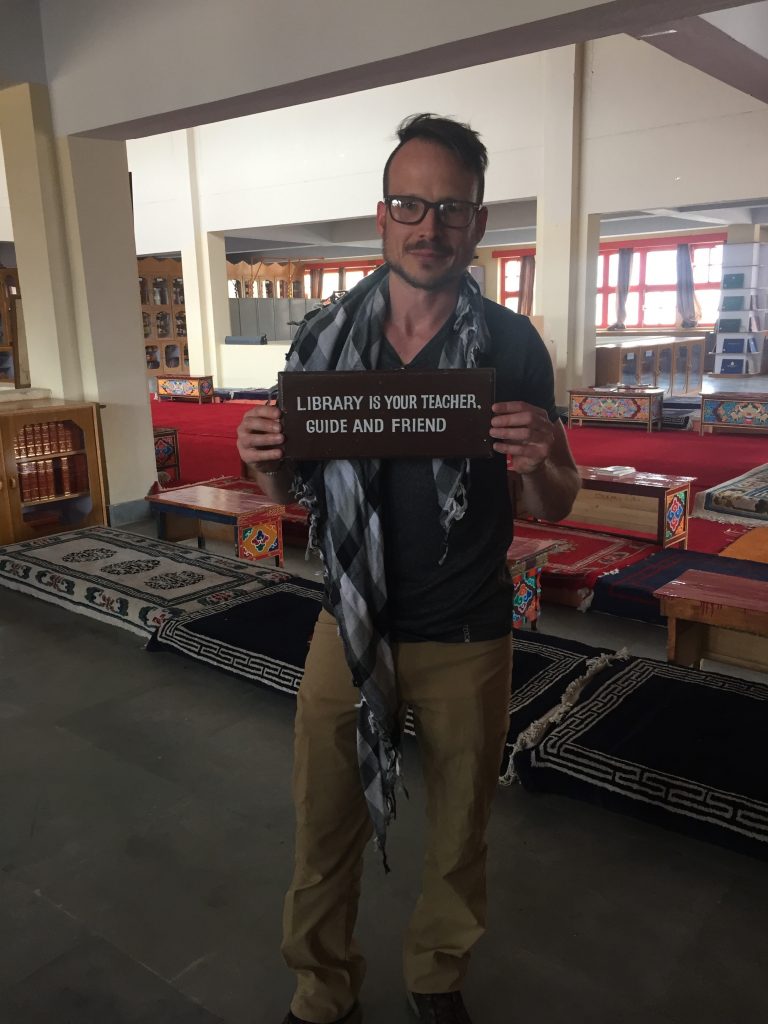
Daniel Wayne Rinn
PhD Candidate, Environmental and Intellectual History
Originally pursuant of a degree in intellectual history, I became attracted to working in the field of environmental studies when I first took a class on the history of nature from Stewart Weaver. It was in this class that I was exposed to how ‘place’ often shapes our deepest philosophical assumptions. From that point on I have taken advantage of every opportunity to examine the relationship between ideas and the environment.
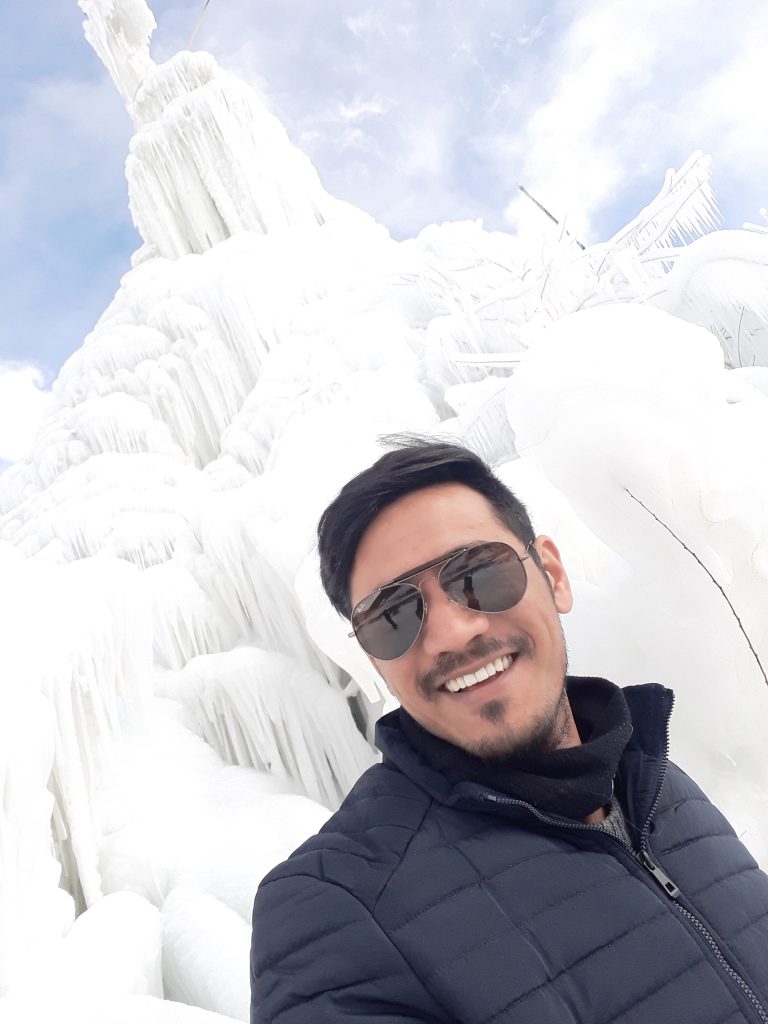
Stanzin Mingur
PhD Student at Gautam Buddha University, Greater Noida
Area of study: History about Buddhism, Ladakh and Himalaya
While doing my PhD on the history of Buddhism in Ladakh I met several people raising the issue of intense natural disasters during the last decade. They had many stories to narrate, which is why I joined this project.
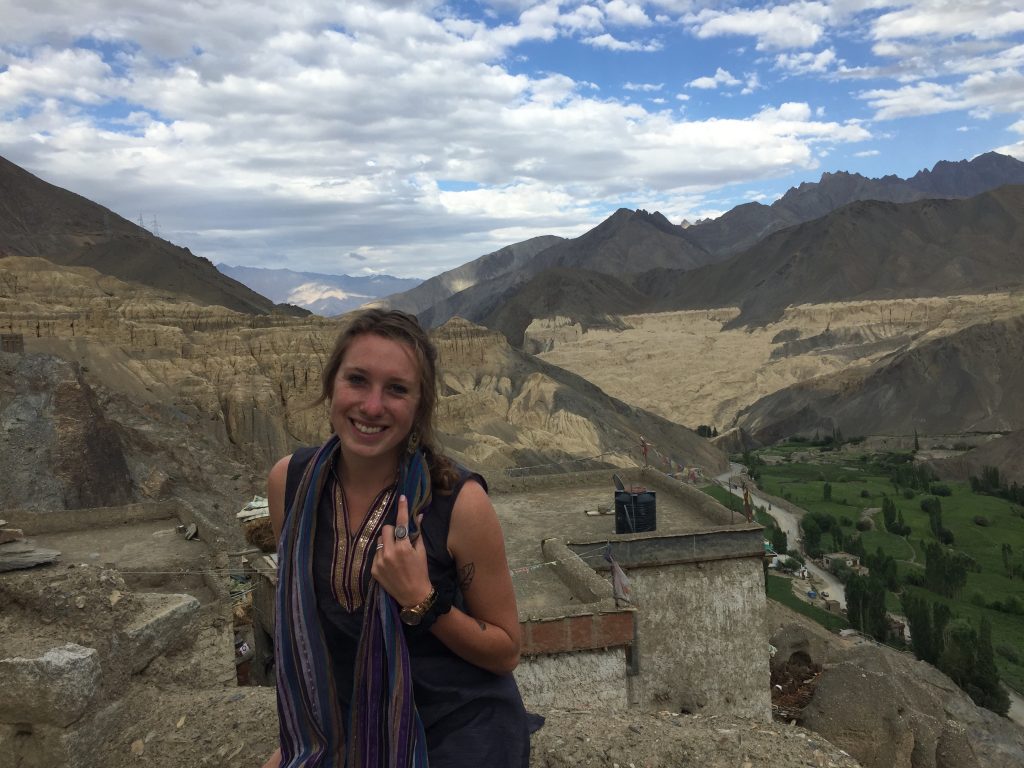
Sophia McRae
Majors: History and Environmental Humanities
My studies at the U of R have focused on environmental history, food justice, and community engagement, so a project that dealt with all three was right up my alley. I was excited to join a community-based project that used oral history research methodologies as a means to engage more directly and authentically with Ladakhi researchers and community members.
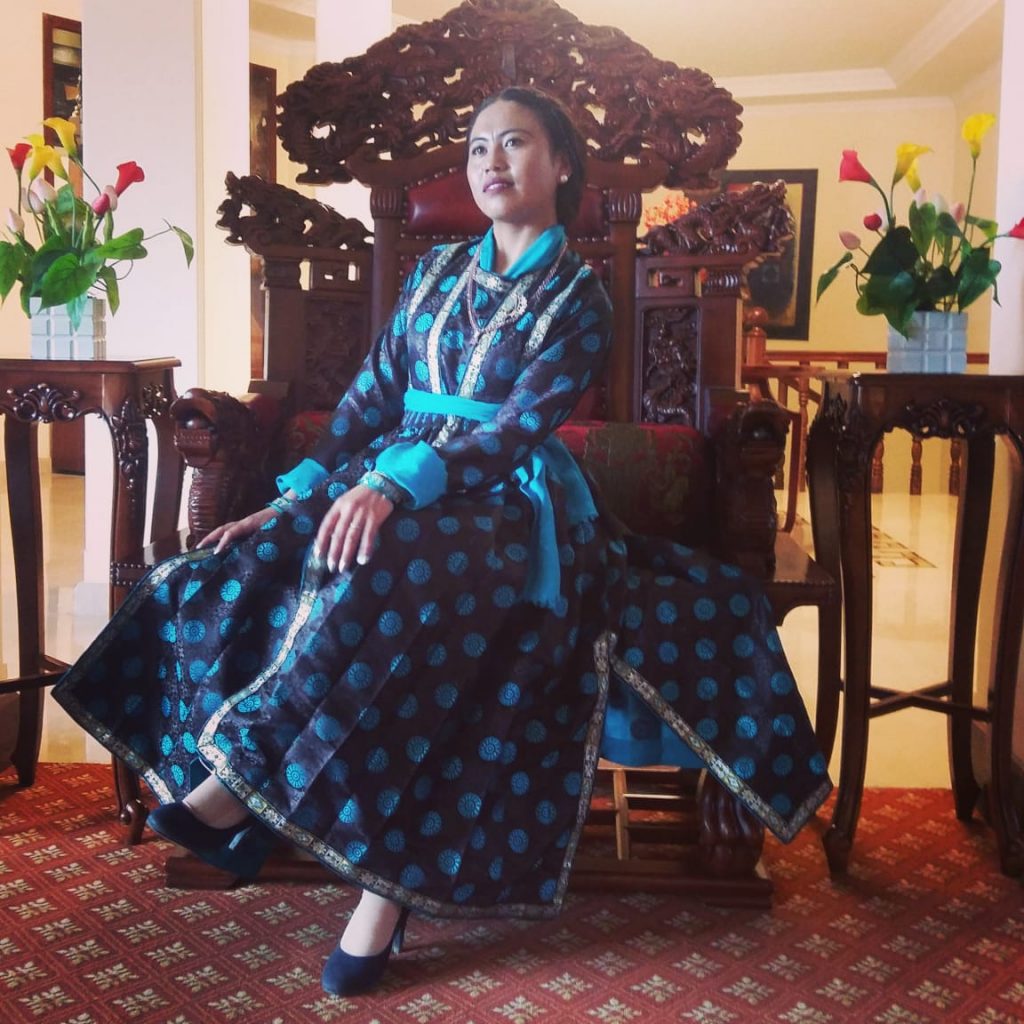
Tsering Yangchan
Acharya from the Central Institute for Buddhist Studies (CIBS, deemed to be a university)
Interests/field: Drama, singing, meeting with new people.
Environmental issue is a new thing in Ladakh rised in last two decades. While asking about such issues to the elderly people, they seems unaware about it but, in reallity they are more aware about the protection of environment whether it is keeping water body clean or other. This kind of thing i was aware before and when i got chance of doing survey other other fellows my dream of exploring this idea come alive and join this survey.
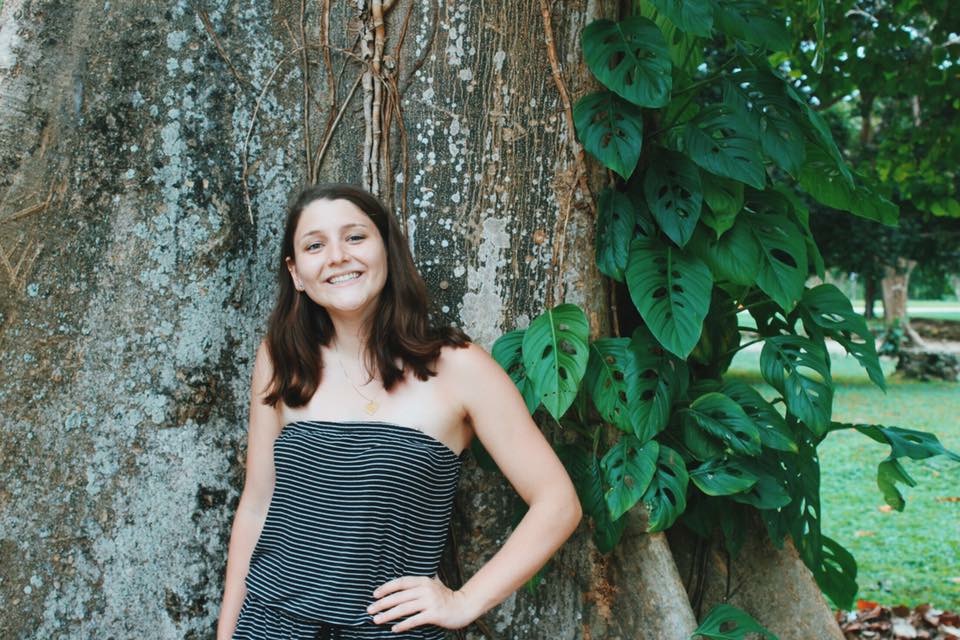
Pegga Mosavi
Occupation/Affiliation: Incoming 1L at Lewis and Clark Law SchoolMy personal background is in environmental policy, but when offered the chance to explore environmental history within a climatically vulnerable region, I jumped at the opportunity. The Ladakh research project allowed me to delve into an unfamiliar area of environmental study, while also providing me with context to better understand the environmental policy of the region.
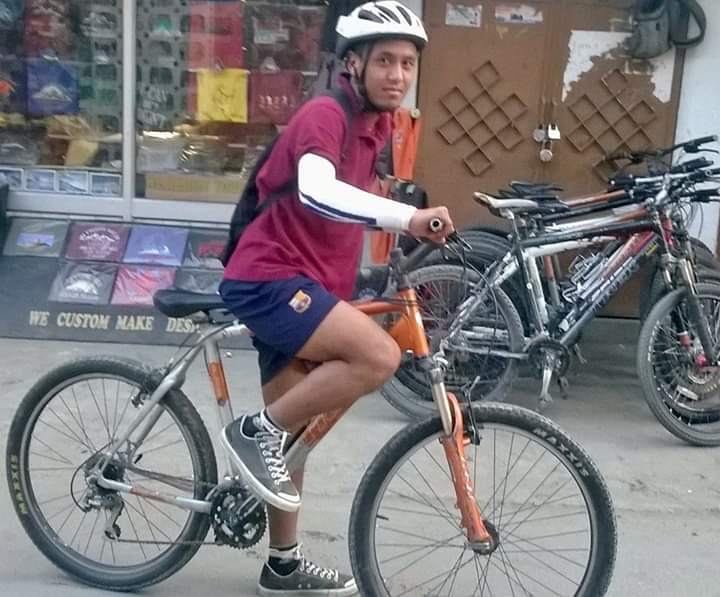
Name: Rinchen Tamchos
Shastri, Central Institute for Buddhist Studies (CIBS, Deemed to be a University)
Area of study: History of Ladakh
After flash flood of August 2010 I stared to learn about climate change and its impact. Like that I come in contact with elderly people and those affected by flash flood and started to learn about. Therefore these projects was relevant to my interest field and also was summer holiday.
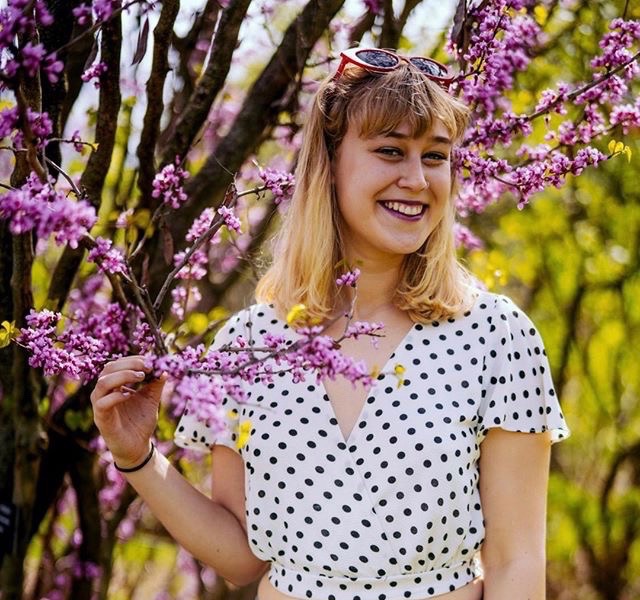
Danielle Gartenberg
Major: Anthropology
My interest in oral and environmental history came to fruition through hearing the stories and experiences of Ladakhis who have a deep relationship to their environment. I believe oral and environmental history provides us important lessons and perspectives for our futures, and it is essential to share these stories widely.
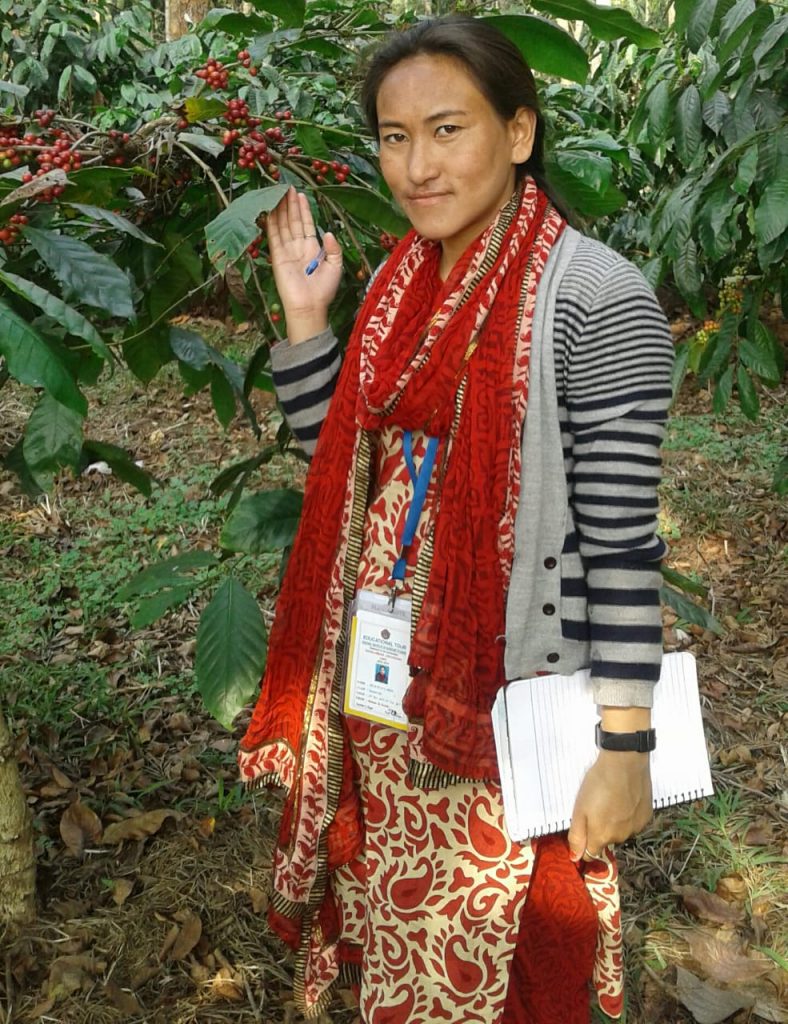
Jigmet Dolma.
Occupation: Acharya
Interest: I wanted to know about how to intrect or deal with people, asking question. How we collect information for thesis through survey method.
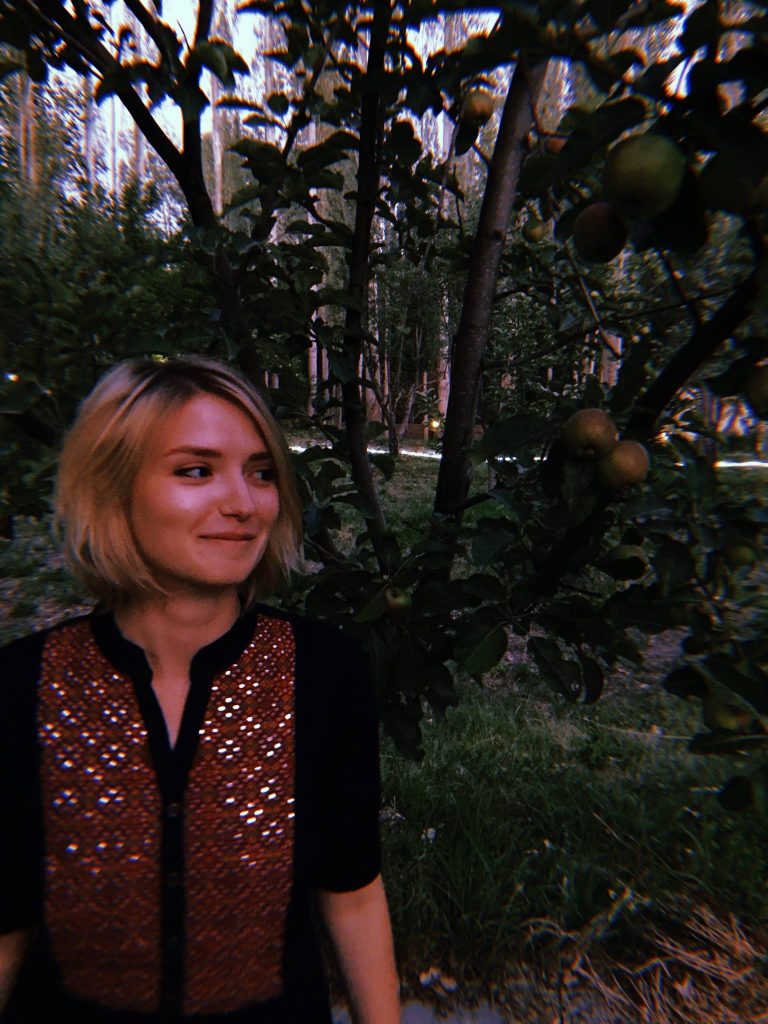
Daria Valova
History, BA (University of Rochester); Modern European History, MsT (University of Oxford)
At the University of Rochester, I have had the unique opportunity to create a fifth-year program I titled Environmental Conflict through which I have studied the effects of climate change on different populations. I became interested in environmental history when I began my independent research on the history and spatial politics of Schrebergärten (urban allotment gardens) in Germany. I interviewed gardeners in Berlin and Leipzig to collect oral histories of their experiences in gardens. Working with Professors Stewart Weaver and Tanya Bakhmetyeva on their oral, environmental history project on climate change in Ladakh was an exciting opportunity to combine my studies on environmental conflict, climate change, and history.